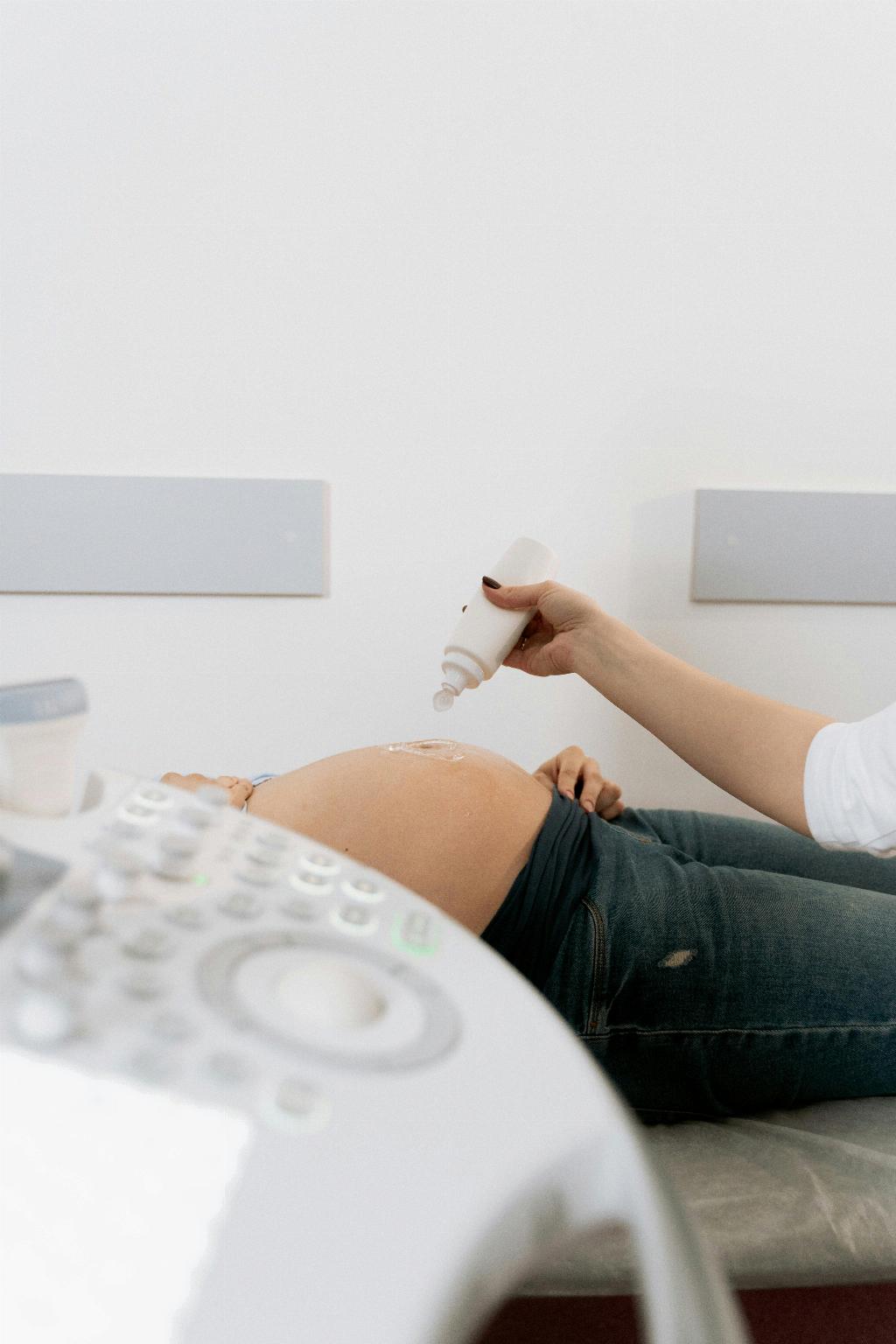Postpartum swelling is a common concern for many new mothers and can be worrying if it persists longer than expected. The swelling, also known as postpartum edema, typically occurs in the hands, feet, legs, and even the face, due to the retention of excess fluid in the body. While it is normal to experience some degree of swelling after giving birth, the duration and severity of the swelling can vary from person to person.
Normal Duration of Postpartum Swelling
Generally, postpartum swelling should start to subside within a week or two after giving birth. This gradual reduction in swelling is a natural part of the body’s healing process as it adjusts to the changes following childbirth. However, it is essential to note that certain factors can prolong the duration of postpartum swelling beyond the typical timeframe.
Extended Swelling Due to Preeclampsia
In some cases, postpartum swelling may persist for a few days longer, especially if preeclampsia was a factor during pregnancy. Preeclampsia, a condition characterized by high blood pressure and excess protein in the urine, can lead to excessive swelling of the hands and feet in late pregnancy. When preeclampsia is the underlying cause of postpartum swelling, it may take longer for the swelling to fully resolve.
Factors Contributing to Prolonged Swelling
Aside from preeclampsia, certain factors can contribute to prolonged postpartum swelling. These factors include the amount of weight gained during pregnancy, the type of delivery (vaginal or cesarean), hormonal changes, dehydration, and the presence of any underlying medical conditions. Addressing these factors can help manage and reduce postpartum swelling.
Postpartum Care and Management
During the postpartum period, it is crucial for new mothers to prioritize self-care and follow recommended guidelines to alleviate swelling. Staying hydrated, elevating the legs when resting, engaging in light physical activity, and consuming a balanced diet can all aid in reducing postpartum swelling and promoting overall healing.
Seeking Medical Advice
If postpartum swelling persists beyond the expected timeframe or is accompanied by other concerning symptoms such as severe headache, visual disturbances, or shortness of breath, it is important to seek medical advice promptly. These symptoms could indicate an underlying medical issue that requires evaluation and treatment by a healthcare provider.
Conclusion
In conclusion, postpartum swelling is a common occurrence that typically resolves on its own within a week or two after giving birth. However, factors such as preeclampsia and other underlying conditions can prolong the duration of swelling. By practicing self-care, addressing contributing factors, and seeking medical advice when needed, new mothers can effectively manage postpartum swelling and focus on their recovery and well-being.

